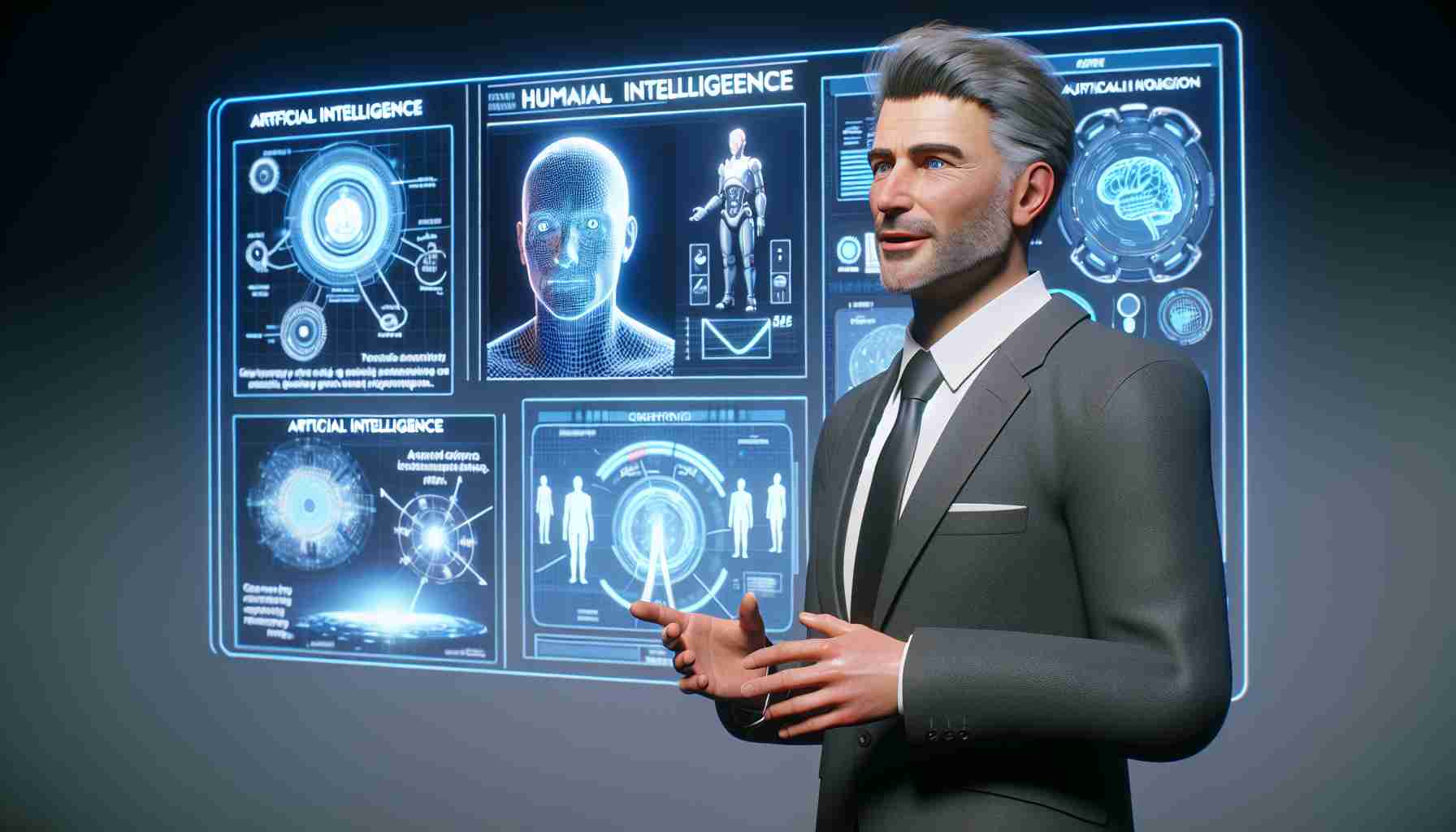In a recent interview, Elon Musk, the visionary CEO of Tesla, expressed his increasingly optimistic outlook on the capabilities of artificial intelligence (AI). Musk now believes that large language models will surpass human intelligence by the end of 2025.
While sharing his thoughts with Nicolai Tangen, CEO of Norges Bank Investment Management, in a live-streamed interview on Twitter, Musk stated, “My expectation is that we will have AI that is smarter than any one human, probably around the end of next year.” This advancement in AI would mean that within the next five years, AI will exceed the intellectual capacity of every human on Earth.
It should be noted that Musk’s predictions have often been premature, particularly when they are related to products he seeks to promote. For instance, his timelines for self-driving Teslas and SpaceX’s missions to Mars have been subject to delays. However, Musk’s AI forecast represents a significant adjustment from his earlier prediction that achieving “full” artificial general intelligence would not be possible until 2029.
Musk emphasized that the development of AI could be accelerated due to the easing of microchip bottlenecks. This improvement in chip supply could potentially expedite progress in AI technologies.
Interestingly, Musk’s bullish stance on AI comes only a year after he signed an open letter advocating for a six-month moratorium on advanced AI system development. His concerns about the potential risks and threats posed by AI to humanity have been well-documented throughout his career.
Musk’s involvement in the AI industry includes his co-founding of OpenAI. However, he parted ways with the company in 2018 and has since been critical of its work. Currently, Musk is seeking to attract investors for Grok’s parent company, xAI, with the aim of increasing its valuation to $18 billion.
FAQs:
1. What is artificial intelligence (AI)?
AI refers to the simulation of human intelligence in machines to perform tasks that typically require human intelligence, such as visual perception, speech recognition, decision-making, and language translation.
2. What is artificial general intelligence?
Artificial general intelligence (AGI) represents highly autonomous systems that surpass human intelligence and can outperform humans in most economically valuable work.
3. Why is Elon Musk optimistic about AI?
Elon Musk believes that the capabilities of AI will advance rapidly, with large language models becoming smarter than individual humans by the end of next year. He sees the potential for AI to outsmart all humans within the next five years.
4. What are the concerns related to AI?
There are concerns regarding the potential risks and threats posed by AI, including job displacement, ethical considerations, and the possibility of AI systems becoming uncontrollable and surpassing human control.
Sources:
– [Financial Times](https://www.ft.com)
– [OpenAI](https://www.openai.com)
In addition to Elon Musk’s optimistic outlook on artificial intelligence (AI), it is important to consider the broader industry and market forecasts, as well as the key issues related to AI. The AI industry has been experiencing significant growth in recent years, with advancements in machine learning and deep learning algorithms driving innovation across various sectors.
According to market research firm MarketsandMarkets, the global AI market is projected to reach $190.61 billion by 2025, growing at a compound annual growth rate (CAGR) of 36.6% from 2019 to 2025. This rapid growth is fueled by increasing investments in AI technologies by both established companies and startups.
One of the key drivers of AI adoption is the increasing demand for automation and intelligent decision-making in industries such as healthcare, finance, retail, and manufacturing. AI-powered solutions are enabling businesses to optimize their operations, improve customer experiences, and gain valuable insights from large datasets.
However, the AI industry also faces several challenges and concerns. One of the main concerns is job displacement, as AI technologies have the potential to automate many routine tasks, potentially leading to significant changes in the job market. Ethical considerations are another important issue, as AI systems must be developed and deployed in a manner that aligns with fundamental ethical principles and respects human rights.
There are also concerns about the control and accountability of AI systems. As AI becomes more advanced and autonomous, there is a risk that it could surpass human control, leading to potentially unpredictable and undesirable outcomes. This is particularly relevant in areas such as autonomous vehicles and military applications.
To stay updated on the latest developments and trends in the AI industry, you can visit reputable sources such as the Financial Times and OpenAI websites. These sources provide valuable insights, analysis, and news on AI technologies, applications, and industry trends.
Financial Times: Link to Financial Times
OpenAI: Link to OpenAI
By exploring these resources, you can gain a deeper understanding of the industry landscape, market forecasts, and the critical issues related to AI.
The source of the article is from the blog lokale-komercyjne.pl

